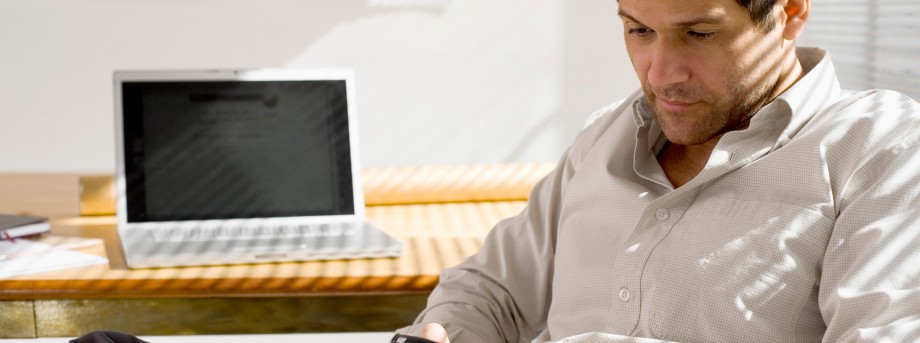The University of Nottingham
 Exchange online
Exchange online
Research Exchange
The digital horizon

As technology advances throughout our digital age, society is becoming increasingly reliant upon it in everyday life. Researching and understanding how digital technology is designed and used is crucial in ensuring it delivers both economic and societal benefit to all.
The digital economy is the focus of study at Horizon, a research insitute based at the University. Funded by Research Councils UK (RCUK), the University and more than 200 academic and industrial partners, the institute comprises both a research hub and Doctoral Training Centre.
The institute brings together researchers from numerous partner universities — including Cambridge, Reading and Brunel — that span a broad range of disciplines, to investigate how digital technology may enhance the way we live, work, play and travel in the future.
Horizon is specifically interested in our lifelong contextual footprint — the digital footprints we leave behind when using mobile, internet and other digital technologies, and how these footprints are handled throughout our lives. The research projects featured here give a taste of the institute’s scope. More information is available at www.horizon.ac.uk
Vicarious
Vicarious is a collaboration project between Horizon and Aerial, a design practice specialising in the creation of tailored emotional experiences.
Horizon has developed considerable expertise in researching, developing and producing new forms of entertainment based on distributed biosensors, including capturing biomedical and behavioural data from the riders of thrill rides, transmitting it to spectators and ultimately using this data to directly control a new experience.
The Vicarious project explores the potential of biosensing to develop new television formats. How might live biomedical data suggest new television format genres, from journalism and documentary to entertainment and reality TV? What are the challenges involved in monitoring, interpreting and presenting biomedical data as part of a television show, and how can biomedical data be meaningfully related to emotional experience, and subsequently communicated to an audience?
As part of this project Horizon worked with Dr Brendan Dare and the Thrill Laboratory – an organisation of scientists, artists, designers, engineers and technologists based at the University – to conduct an experiment during the Mayhem Horror Festival. The experiment took place in Nottingham on Halloween night, using real scientists and amateur paranormal investigators to conduct a live exploration of a ‘haunted’ building. Using medical technology developed by the University, the experiment allowed Dr Dare to monitor the effect of paranormal beliefs on the bodies and minds of those susceptible. The Experiment was captured by a film crew and transmitted in real-time to a live cinema audience.
Art Maps
Can a phone help us appreciate art? Or even appreciate our environment? Researchers working with the Tate Gallery think so, and are working on new technology to help us to do just that.
Horizon researchers are developing applications for use on smart phones that allow people to relate artworks to the places and environments they encounter in daily life. By looking at a place in relation to a work of art, they will become more familiar with both the location and the art, gaining insights into how artworks relate to or differ from the sites they represent, how sites have changed over time, and how sites have been represented and experienced by different artists. The new software will enable audiences to explore ideas both on their own and collaboratively in groups (for example, families, friends and schools).
The new app will also enable members of the public to help Tate pinpoint the locations of particular images and identify the viewpoints used by artists through sending comments or uploading their own photographs or videos of the sites for publication on the Tate website.
Tags: Horizon Digital Research
Leave a Reply
Other

Top prize for quantum physicist
A University of Nottingham physicist has won a prestigious medal from the Institute of Physics for […]

Zero carbon HOUSE designed and built by students comes home
Design and construct a low cost, zero carbon, family starter home, transport it to Spain, build […]